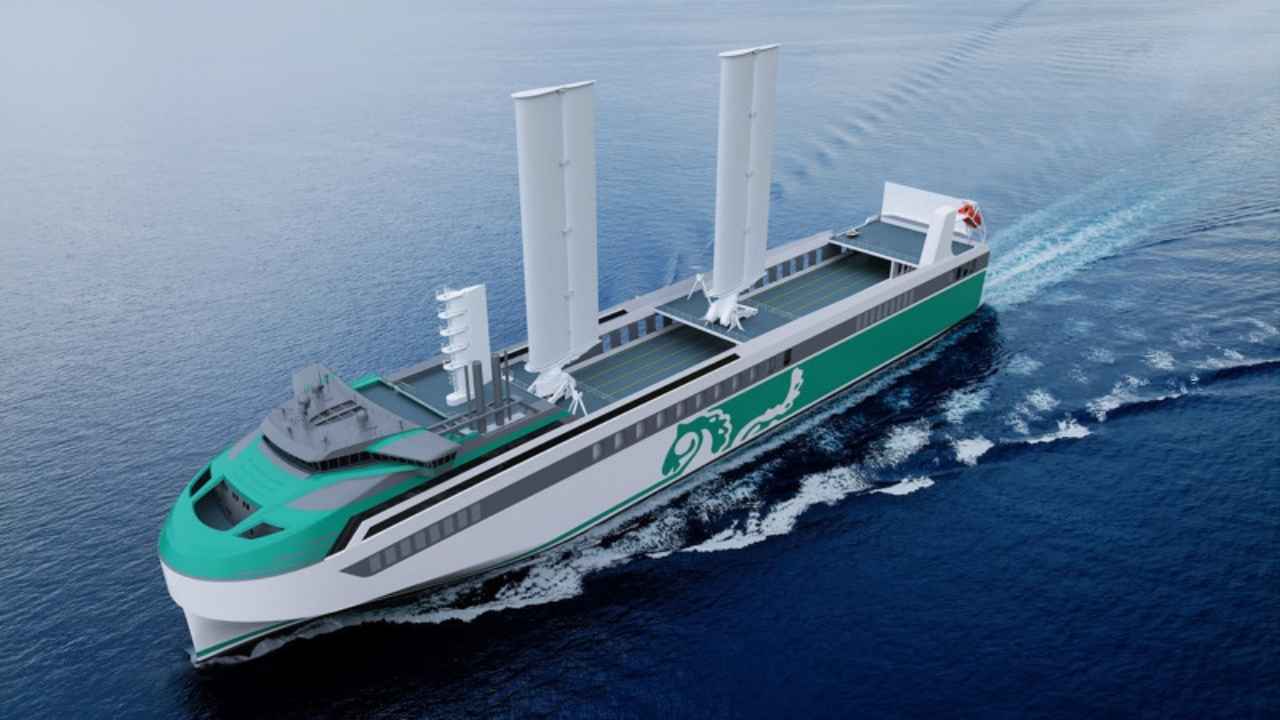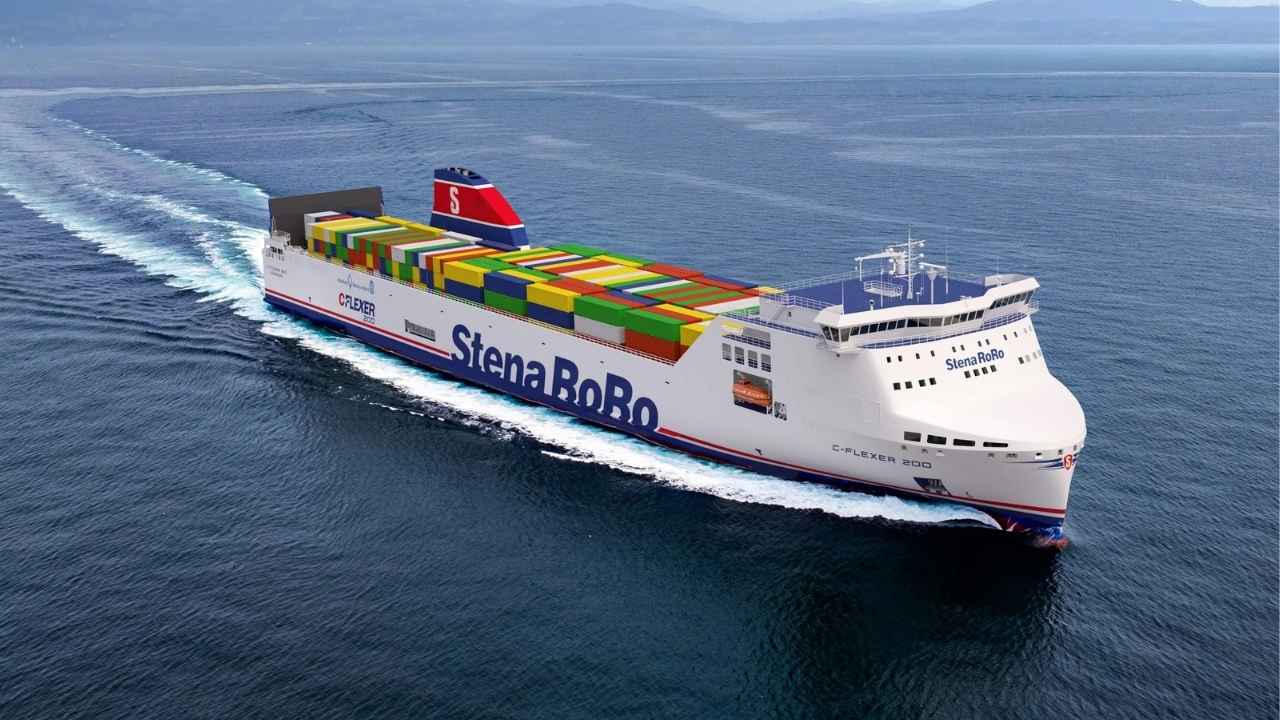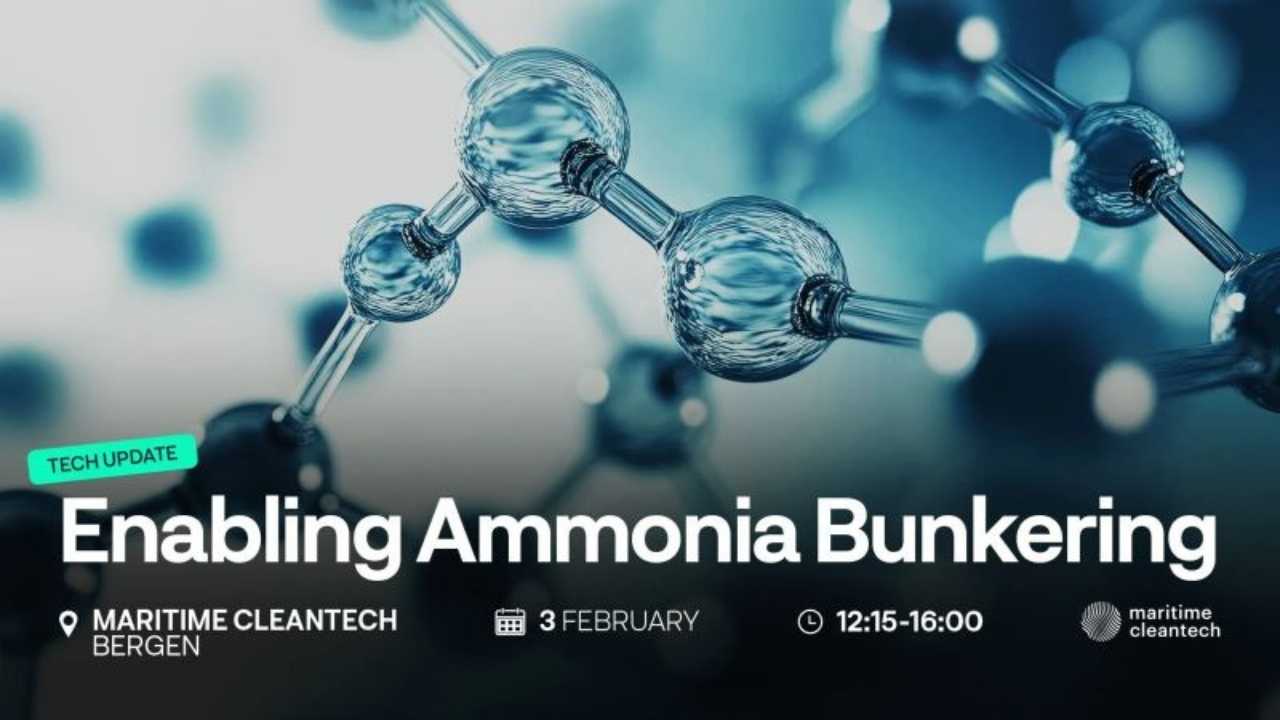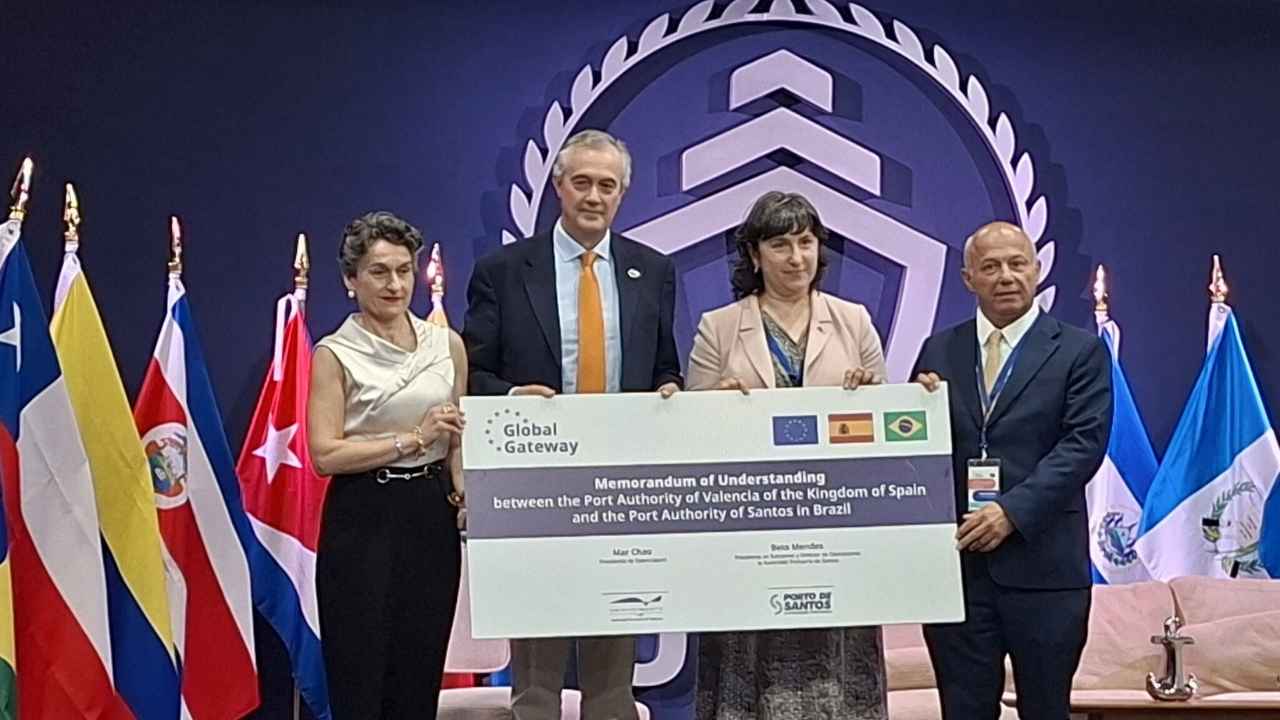
| Year | Net Profit ($m) | Revenue ($m) | Sales Volume (MMT) | |
| 2015 | 24.0 | 1,602 | 4.2 | |
| 2016 | -26.0 | 1,159 | 3.9 | |
| 2017 | 6.8 | 1,407 | 3.5 | |
| 2018 | 4.9 | 2,073 | 4.1 | |
| 2019 | 26.5 | 2,191 | 4.5 |
| Ranking | Port | Country |
| 1 | Balboa | Panama |
| 2 | Lomé | Togo |
| 3 | Singapore | Singapore |
| 4 | Cristobal | Panama |
| 5 | Fujairah | UAE |
| 6 | Jebel Ali | UAE |
| 7 | Port Gentil | Gabon |
| 8 | Portland | UK |
| 9 | Pointe-Noire | Republic of Congo |
| 10 | Takoradi | Ghana |

|
Island Oil appoints Varsha Sudheer as senior trader in Dubai
Marine fuel supplier strengthens trading platform with new hire at recently established UAE hub. |
|
|
|
||

|
Bitoil Group seeks bunker trader for Dubai operations
Dubai-based company is recruiting for a senior bunker trader role to manage global fuel sales and procurement. |
|
|
|
||

|
Uni-Fuels seeks bunker traders for new London operation
Singapore-headquartered firm advertises position as part of UK expansion. |
|
|
|
||

|
Uni-Fuels seeks bunker traders for new Piraeus office
Nasdaq-listed marine fuel provider advertises positions as part of expansion into Greek market. |
|
|
|
||

|
Wing sails could cut fuel use by 9% on expedition cruise vessels, study finds
Wallenius Marine and Salén Ship Management examine wind propulsion potential beyond cargo shipping. |
|
|
|
||

|
Stena RoRo orders C-Flexer RoRo vessels with battery-hybrid propulsion for 2029 delivery
Swedish shipowner places order with China Merchants Industry for next-generation vessels designed by NAOS. |
|
|
|
||

|
IMO to host technical seminar on marine biofuels in February
Event at London headquarters will examine recent experiences and future prospects for biofuels in shipping. |
|
|
|
||

|
H2SITE to present ammonia cracking technology at Bergen maritime seminar
Spanish firm to showcase dual-environment hydrogen production system for vessels and ports at Maritime CleanTech event. |
|
|
|
||

|
Clean Arctic Alliance urges Canada, Iceland and Norway to back polar fuels proposal at IMO
Environmental coalition calls on three Arctic nations to support Denmark-led measure on black carbon emissions. |
|
|
|
||

|
Valencia and Santos ports establish green corridor to decarbonise transatlantic trade
Ports sign agreement to promote low-emission fuels and shore power on Europe–South America route. |
|
|
|
||
| Monjasa completes first ship-to-ship VLSFO supply [News & Insights] |
| Monjasa seals US financing deal with JP Morgan [News & Insights] |
| Monjasa acquires five tankers ahead of IMO 2020 [News & Insights] |